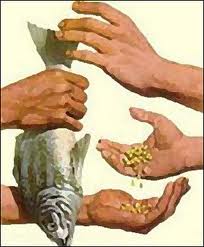 I cannot deny it. I have not bartered or traded anything in about 20 years. The last thing I bartered was wen I was in business for myself, and my customer was an outdoor outfittter type of retail establishment and I bartered a Solstace Jacket, Eureka four man tent, and a new sleeping bag for several hours of computer networking service to help them get their then new computerized point of sale system up and running. It was almost 20 years ago. I still have the jacket, tent, and sleeping bag. I still use them. Best deal I had gotten in a LONG time, to this day.
I cannot deny it. I have not bartered or traded anything in about 20 years. The last thing I bartered was wen I was in business for myself, and my customer was an outdoor outfittter type of retail establishment and I bartered a Solstace Jacket, Eureka four man tent, and a new sleeping bag for several hours of computer networking service to help them get their then new computerized point of sale system up and running. It was almost 20 years ago. I still have the jacket, tent, and sleeping bag. I still use them. Best deal I had gotten in a LONG time, to this day.
However, as kids, we bartered and traded all the time, and we didn’t even know what we were doing. We just did it because we wanted what our friends had, and they might have wanted what we had. What we didn’t know is that we were engaging in one of the oldest forms of trade and currency. As we got older, barter and trade fade to work and purchase. It is the natural progression of things. However, barter in my opinion is a lost art. In my opinion, people do not even know it exists anymore outside of owning your own small business or the survivalist circle. While that may not be necessarily true, I am sure if the lay person had to negotiate and barter for something, a more savvy person could take advantage of them. It s the way of the world.
There has been quite a bit written about barter in the survivalist circle. You can look it up after reading this post if you wish. Wikipedia defines barter as:
” Barter is a method of exchange by which goods or services are directly exchanged for other goods or services without using a medium of exchange, such as money.[1] It is usually bilateral, but may be multilateral, and usually exists parallel to monetary systems in most developed countries, though to a very limited extent. Barter usually replaces money as the method of exchange in times of monetary crisis, such as when the currency may be either unstable (e.g., hyperinflation or deflationary spiral) or simply unavailable for conducting commerce.”
Pretty compelling definition by Wikipedia, wouldn’t you agree? I think the definition applies perfectly to the mindset of the survivalist.
To me, bartering is not unlike the skill of selling. You may have marketable skills (services) or products that you need to pitch and sell others on in order to receive the products and services that you need to survive in a post SHTF or TEOTWAWKI. TEOTWAWKI is not a term I use a lot, because I am not sure how realistic it will be in our lifetime. Call me naive, stupid, or whatever, but I see short term and long term SHTF’s changing our lifestyles first, such as hyperinflation, etc. preventing people from affording milk, bread, or the basics. While a little off topic here, I am going to try to make the point that the selling of your marketable goods whether service based or product based will be essential. If someone has a need or might have a need, you will have to present them with the benefits of your product or services and get a positive response to provide them with what they need so you can get what you need. I urge many readers of this blog to familiarize themselves with selling and negotiation tactics. I urge this because in a suburban or urban survival situation there will be a LOT of unemployed skilled sales people negotiating what they have for what you may have. Being able to negotiate to get the most value for you and your family should you have to resort to bartering to survive.
Which brings me to what skills, hobbies, or trades you may or may not already know. If you are a welder, plumber, electrician, horseman, whatever, you have marketable skills that will go with you wherever you may be. If you end up vagabonding from one place to another, your skills could help to feed, cloth, shelter, and hydrate you. Your experience will be invaluable. Several months ago I met a survivalist who happened to be a school teacher. In his off time he is a firearms instructor, has learned to weld, and is acquiring many skills in the luxury of his off time. He will be an invaluable resource to many in a bartering situation. I don’t think you have to be a trade expert to capitalize on this, just do a decent job for the one you are bartering with and make sure the service is intellectually bankable and that what you did for them works. Not that you want to do a crappy job, just that you cannot be all things to all people, but if you have a range of skills, be sure you are okay at all of them. Besides, the more you use those skills in the field the better you will be at them. That said, as I write this, there are a host of trade skills I wish I had more knowledge of. Years ago, I was not bad at pulling an engine apart and putting it back together, with help. Today, I could not do it to save my life. Real life gets in the way, and many of these skills you and I might have learned go to the wayside. It is unfortunate. However, if you can knit afghans, load up on yarn and materials to knit. You may find that keeping people warm with a afghan blanket is your skill, and you can trade a blanket for food if you had to.
As for products or goods for barter I am a proponent of bartering only products that are vice based if I can. Products such as those that come from food storage or water storage do nothing but shorten your lifespan or the lifespan of your family, unless of course you are on a farm, and that farm is well defended, you have a surplus of food, and it makes sense to use it for barter. However, on the flip side of that you should always be looking to increase your stock of core life sustaining products if you can. My belief, and I may be wrong, is that items such as tobacco, alcohol, beer, etc. I also believe that items such as flour, sugar, proteins, etc. will be high barter items, but this lends itself to your core storage. I have had discussions with others in the past around building “care packages” for others that might come in handy in barter situations. The down side to care packages is that they represent “more stuff” that you might have that the person you are bartering with does not. You innocently create the opportunity to become a target for a sinister act if the person you are bartering with is not ethical. Many people are of the theory that if you barter your core stores that you should only offer up a bag of rice and/or a bag of beans and say that is all you have to spare, and that you so not have more. On the other hand, if you are bartering a bottle of vodka, not only can you can consume it, but you can cook with it, disinfect with it, etc. Maybe load up on Vinegars and salt for preserving foods, and offer that up. Both items are inexpensive “at the moment.”
As for the urban or suburban environment, I think that you need to really be on your toes here. In the TEOTWAWKI or SHTF, there will be MANY looters disguising themselves as barterers. In fact, in NYC I know MANY people who have less than a day’s worth of food in their apartment because they are out to eat all the time. It is the lifestyle there, and I have to believe it is similar in many major metropolitan areas. People use their refrigerators and ovens as closet space, not to cook with. Yes, it is true. While your apartment closet may be filled with your Bug Out Bag, Water Storage, and other supplies, theirs are filled with clothing, and nothing more, if they even have a closet.
The value of your network of contacts is also important. Both locally if you are bugging in, and remotely if you are bugging out. The more people you know, are friendly with, have business relationships with, etc, the more marketable you may be to them based on your skill sets ad vice versa. If you are not a good networker or your social circle is small, I urge you to get out and get to know more people… You don’t have to tell them why. Be genuine, make friends. Friends trust each other. Friends help friends when things go sour. If they don’t then you know what the boundaries are. Bartering may be the way to a better relationship when/if things go south.
In conclusion, if the economy goes south, or some other disaster, man made or otherwise strikes and changes the landscape in which we live, bartering may be the difference between life and death altogether. Embrace it today, learn some new skills (even I have to), and feel good knowing that even post SHTF, you will be able to contribute to helping those rebuild in return for goods and services that you need as well…
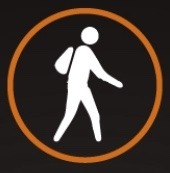
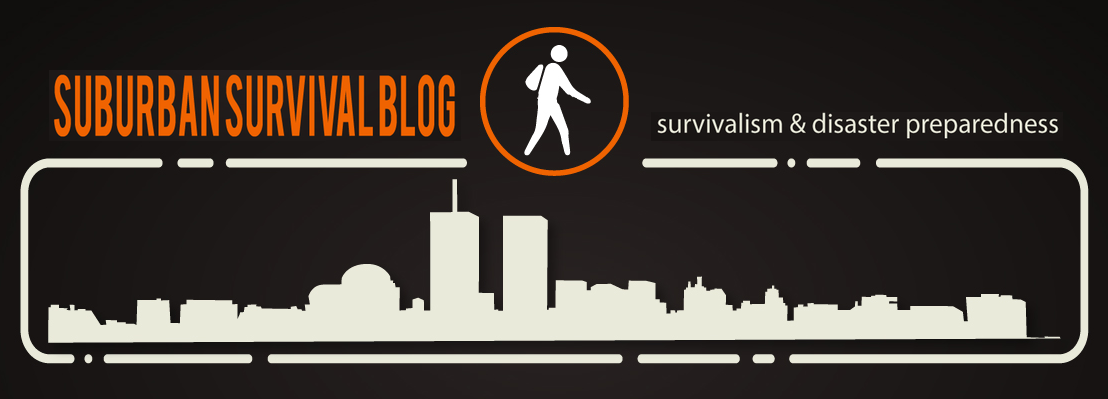


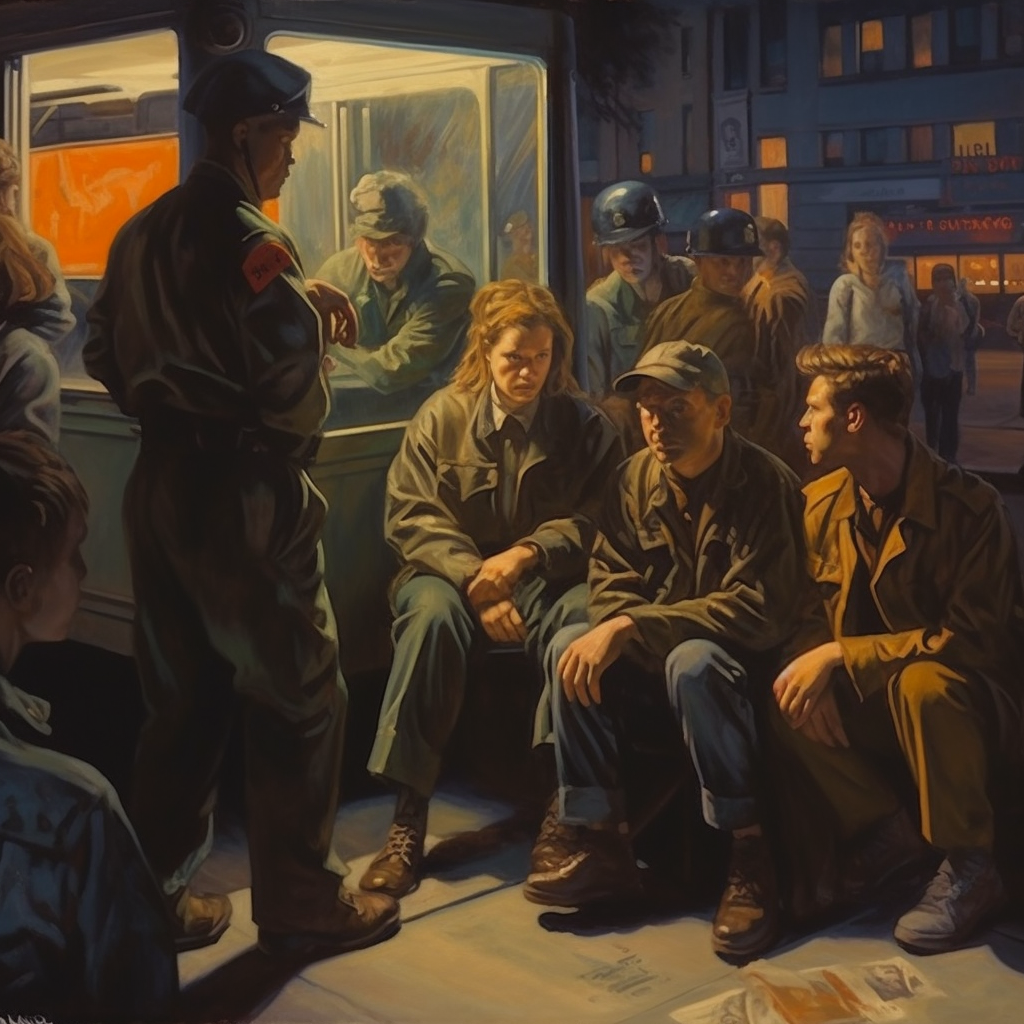
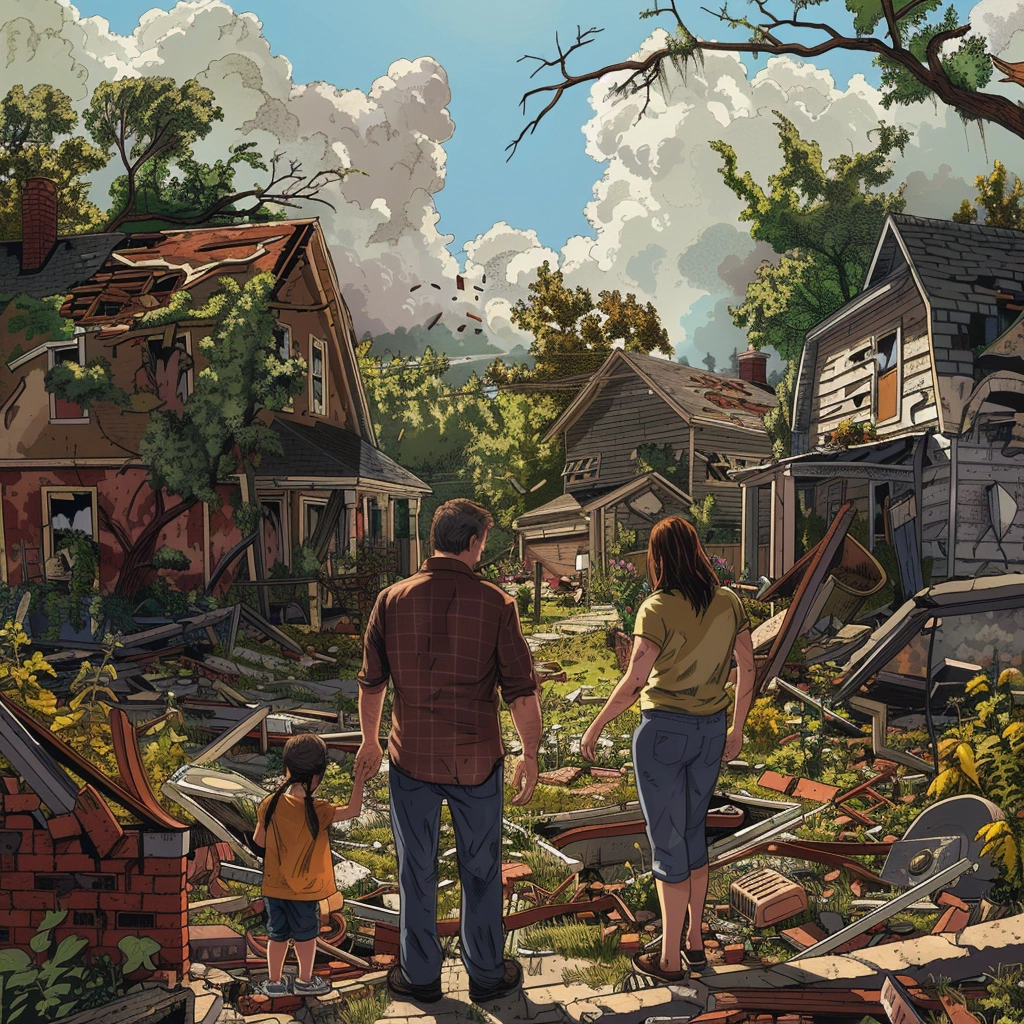



Good article.
I’d add that IMO work on collecting your core supplies first before worrying about accumulating items for barter.
Certainly agreed…